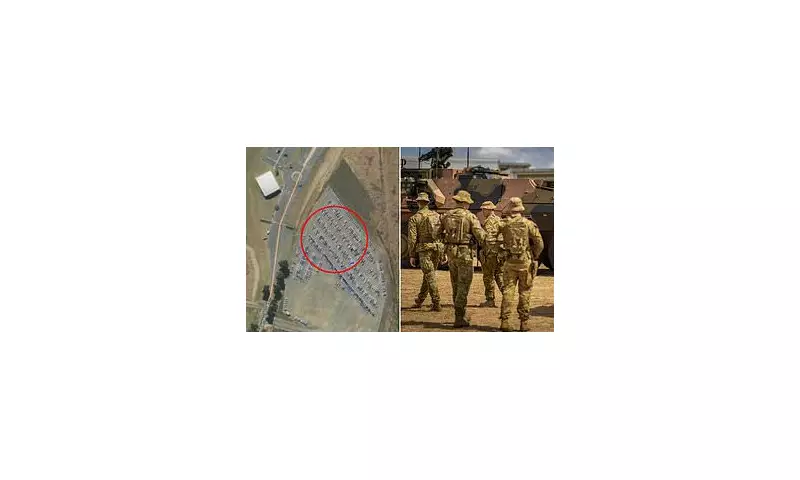
In a dramatic move highlighting growing security tensions, defence officials have ordered the immediate expulsion of all Chinese-manufactured vehicles from one of Australia's most critical air force bases.
The sweeping ban at RAAF Base Amberley in Queensland follows alarming intelligence assessments about the data-collection capabilities embedded within these modern vehicles, raising fears they could be exploited for espionage purposes.
The Digital Trojan Horse
Modern Chinese vehicles, particularly electric cars, come equipped with an array of sophisticated technology including multiple cameras, microphones, GPS tracking, and constant internet connectivity. Security experts warn these features create a perfect storm for potential surveillance.
"These vehicles are essentially smartphones on wheels," explained one security analyst familiar with the assessment. "They collect enormous amounts of data about their surroundings and occupants, and there are genuine concerns about where that information ultimately travels."
Australia Follows Global Trend
This decisive action places Australia alongside other Western nations taking protective measures. The United States has implemented similar restrictions around military installations, while the European Union is conducting its own investigation into the data practices of Chinese automakers.
The ban affects all vehicles manufactured in China, regardless of brand, reflecting the breadth of security concerns about automotive technology originating from the country.
RAAF Amberley's Critical Role
The choice of RAAF Base Amberley for this ban underscores its strategic importance. Home to Australia's formidable Super Hornet and Growler electronic warfare aircraft, the base represents the cutting edge of the nation's air combat capability.
Having foreign-made vehicles with potential surveillance capabilities operating within such a sensitive environment was deemed an unacceptable risk by defence planners.
Broader Implications for Automotive Industry
This security-driven ban arrives as Chinese automakers aggressively expand into Western markets with competitively priced electric vehicles. The national security concerns now threaten to create significant market barriers.
Industry analysts suggest this could accelerate the development of more secure, locally manufactured vehicle options for sensitive government and defence applications.
The move signals Australia's hardening stance on technology security amid escalating geopolitical tensions, setting a precedent that other nations may soon follow.





